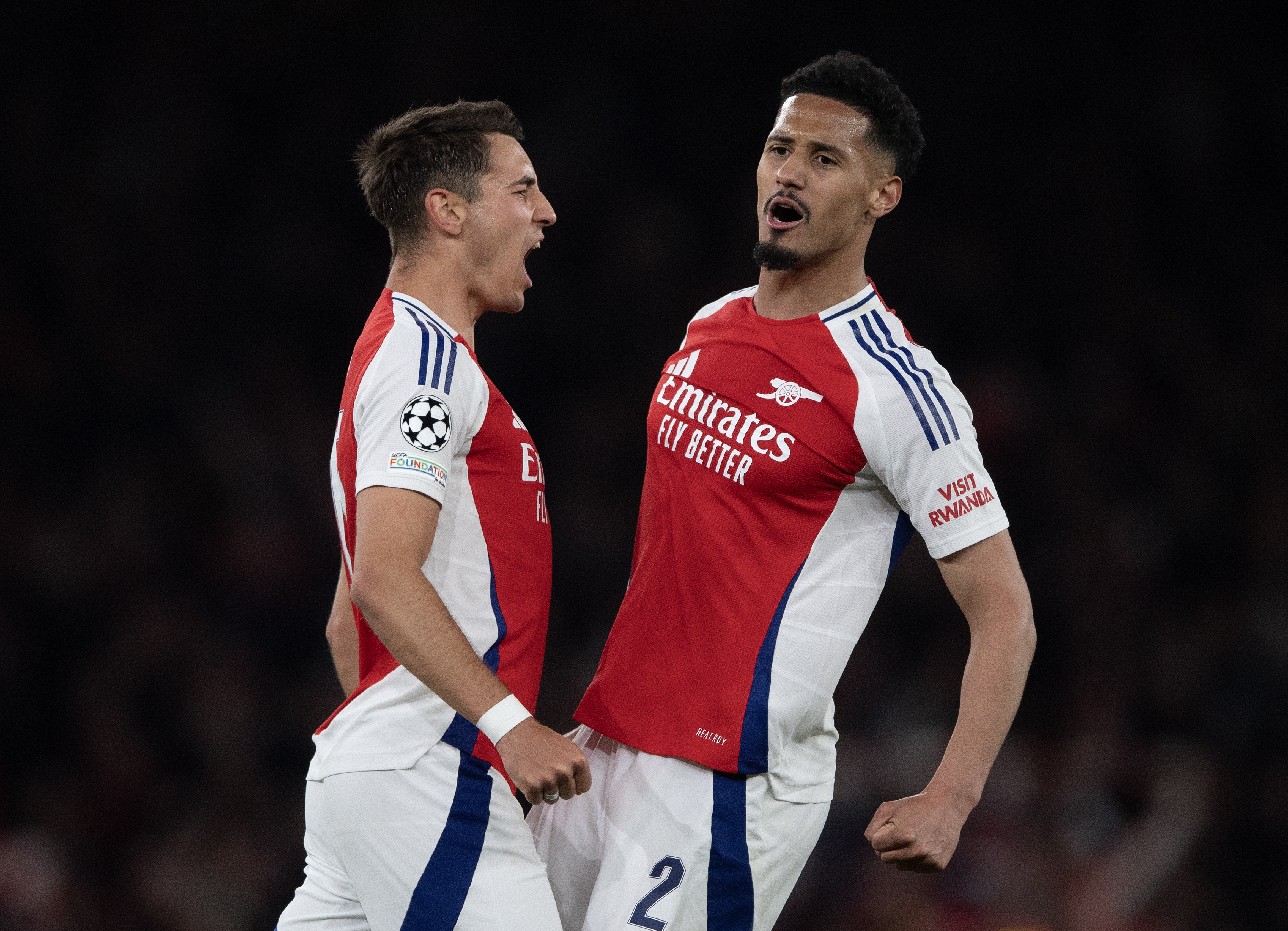Appointing Jose Mourinho would go against Manchester United's principles and traditions
With Louis van Gaal's job under threat, Greg Lea examines why replacing him in the dugout with the former Chelsea boss would spell the end of the 'United way'...
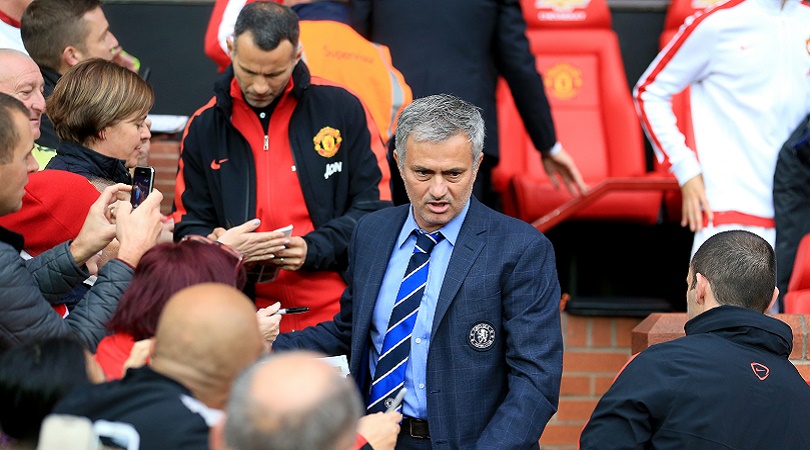
Manchester United had one last free-kick to defend. Leading Porto 1-0 in the second leg of their Champions League round of 16 tie in 2004, Sir Alex Ferguson’s charges were just three minutes away from progression to the last eight on away goals. As Benni McCarthy stood over the ball just over 25 yards from goal with the clock ticking over into second-half stoppage time, United knew they were almost there.
Then disaster struck. Tim Howard, frantically shuffling across to his left, could only palm the ball down in front of him, allowing Costinha to sweep home an equaliser that gave Porto the advantage on aggregate. As the midfielder ran off to the corner flag to celebrate in front of the ecstatic visiting fans, he was joined not just by his fellow players but his manager too, who sprinted down the touchline, pumping his fists and wildly jumping up and down.

It was the first time that Old Trafford had got a glimpse of this brash, charismatic young coach, who three months later would openly label himself “a special one” in his unveiling as Chelsea boss. Having gone on to win the Champions League with Porto that year, Jose Mourinho was widely seen as the hottest managerial property around.
On the market
For so long held up as a model of continuity and stability, United could be on the verge of sacking their second manager in the space of 20 months
Eleven-and-a-half years on, the Portuguese still has his fair share of admirers. His medal collection – eight league titles, seven domestic cups, two European Cups and a UEFA Cup in four different countries – automatically makes him one of the world’s best coaches in the modern era, but certain doubts have begun to emerge in the last few months.
Mourinho was sacked by Chelsea last Thursday with the champions languishing in 16th place, just one point above the relegation zone. He has still yet to complete a fourth campaign at a club in a single spell, while he has left three of his last four postings under a cloud.
RECOMMENDED With so many bridges burned, where on earth does Jose Mourinho go from here?
Get FourFourTwo Newsletter
The best features, fun and footballing quizzes, straight to your inbox every week.
In times gone by, that would almost certainly rule him out of contention for the Manchester United job, but things have changed since Ferguson retired in 2013 after 27 years at the helm. For so long held up as a model of continuity and stability, United could be on the verge of sacking their second manager in the space of 20 months, with Louis van Gaal – chosen as David Moyes’ replacement in the summer of 2014 – finding himself under heavy pressure following a six-match winless run.
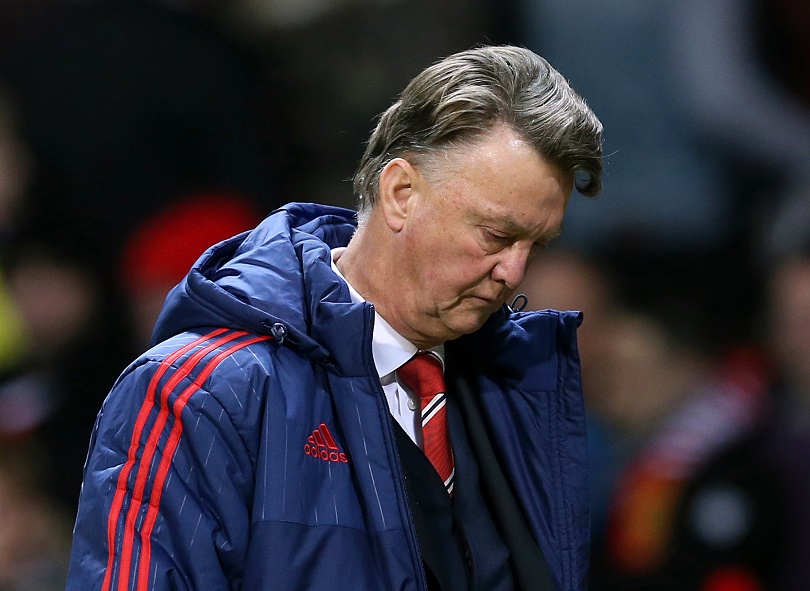
Many United fans would welcome Mourinho as the Dutchman’s successor, with some even taking to chanting his name during Saturday’s 2-1 defeat to Norwich City. Given the near-guarantee of silverware under the 52-year-old, it is difficult to argue that he would be a bad appointment.
Attack, attack, attack
The pressure on Van Gaal has intensified in recent weeks, but the criticism of him – from both fans and a core of prominent ex-players, most notably Paul Scholes –has been strong throughout the campaign, even when matches were being won
Van Gaal’s tenure, however, has shown that the celebrated ‘United way’ still lives on among the club’s fanbase. Most supporters up and down the country believe their side possesses a unique identity based on its own history and traditions, with United followers continually emphasising their key tenets of bringing through youngsters and playing high-tempo, attacking football, principles that date back to Sir Matt Busby’s time in charge between 1945 and 1969.
The criticism of Van Gaal has focused primarily on the latter. The former Ajax, Barcelona and Bayern Munich manager has handed senior debuts to nine academy graduates – Paddy McNair, Tyler Blackett, Reece James, Jesse Lingard, Tom Thorpe, Guillermo Varela, Saidy Janko, Andreas Pereira and Cameron Borthwick-Jackson – and continued United’s incredible run of having at least one homegrown player in each matchday squad since October 1937, an extraordinary stretch that now encompasses 3,771 first team games.
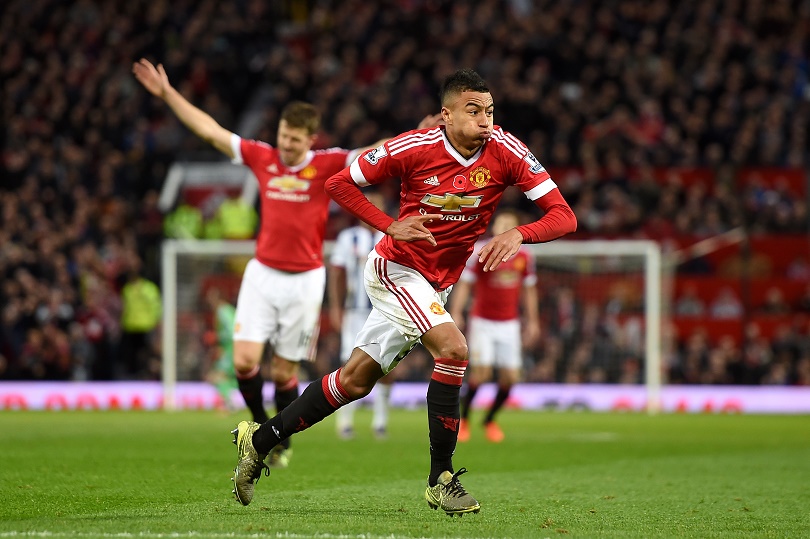
While Van Gaal has very much bought into that aspect of this ‘United way’, he has fallen badly short in terms of the style of play on show. His preoccupation with possession has led to some plodding and pedestrian football, with the ball circulated slowly and players denied any sort of freedom in the final third.
At Old Trafford in 2015/16, the hosts have averaged a league-high 62.3% possession but taken only 60 shots, the fewest in the division. In short, the approach is everything that United – renowned for energy, dynamism and high-tempo – traditionally aren't.
The pressure on Van Gaal has intensified in recent weeks, but the criticism of him – from both fans and a core of prominent ex-players, most notably Paul Scholes – has been strong throughout the campaign, even when matches were being won. This suggests that many United supporters consider their ideals to be of at least equal importance to results, which again makes the pining for Mourinho difficult to understand.
Who are we?
The decision of whether or not to approach the former Chelsea boss is one that goes right to the heart of a key question: what type of club do Manchester United want to be?
As has already been established, the Portuguese has enjoyed a wonderful managerial career to date. Yet two of the black marks against his name just so happen to be two of the things that United pride themselves on most: Mourinho is a reactive tactician who, like Van Gaal, discourages unnecessary risk-taking, while he also has a disappointing (to be kind) record when it comes to bringing youngsters through.
United’s thirst for trophies – if nothing is won this season, the 20-time English champions will have gone three seasons without a piece of silverware for the first time since the mid-1980s – means that many would consider the above drawbacks to be an acceptable trade-off given the likelihood of success under Mourinho.
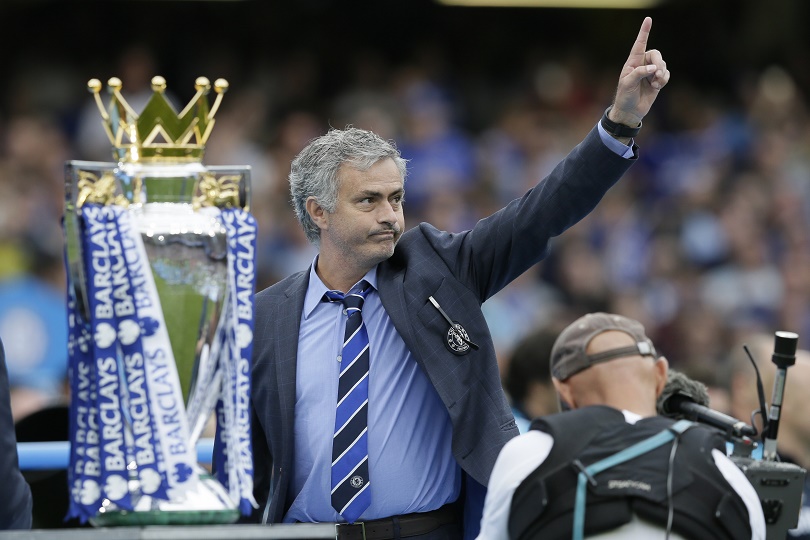
Nevertheless, the decision of whether or not to approach the former Chelsea boss is one that goes right to the heart of a key question: what type of club do Manchester United want to be?
When Ferguson hung up his hairdryer two-and-a-half years ago, Moyes was chosen ahead of Mourinho because he was deemed to be a better fit. The Scot’s failure and Van Gaal’s difficulties since then have made many around the club even more desperate for glory, to the extent that they would willingly welcome a manager who was widely seen as incompatible not that long ago.
By most ordinary definitions, Mourinho would almost certainly be a success in Manchester. What Ed Woodward and the club’s hierarchy must realise, though, is that appointing the man who made that famous dash down the Old Trafford touchline almost 12 years ago is likely to spell the end – for now at least – of their fabled traditions.
RECOMMENDED
Greg Lea is a freelance football journalist who's filled in wherever FourFourTwo needs him since 2014. He became a Crystal Palace fan after watching a 1-0 loss to Port Vale in 1998, and once got on the scoresheet in a primary school game against Wilfried Zaha's Whitehorse Manor (an own goal in an 8-0 defeat).

